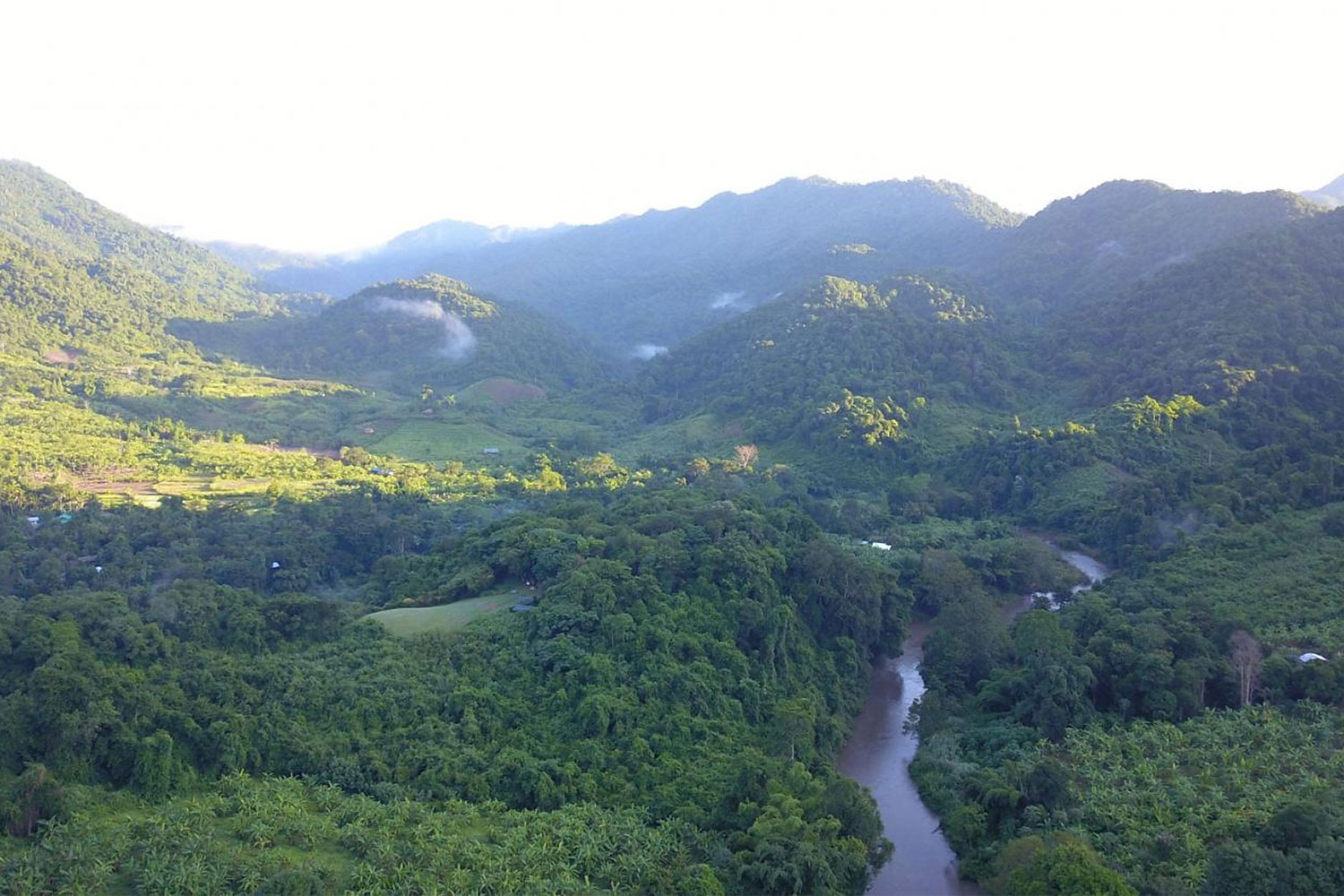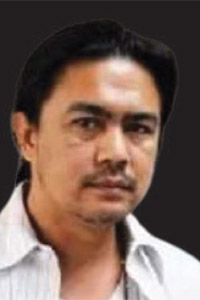
This week, villagers from Bang Kloy village, Kaeng Krachan district, in Phetchaburi province put their heads together to find solutions to a raft of issues, including the Covid-19 outbreak that looks set to pile upon more misery on them.
The day they met was also the second day of an online meeting of the World Heritage Committee being held July 16-31. On the committee's agenda is Thailand's proposal that the Kaeng Krachan Forest Complex be listed a Natural World Heritage Site.
"We are not opposed to registering it as a World Heritage Site. We simply have no idea about its implication. After the Kaeng Krachan Forest Complex is declared a World Heritage Site, how will it affect our livelihood?" asked Pongsak Tonnamphet, a villager from Bang Kloy about how his fellow villagers feel about the government proposal.
"The authorities have never explained anything to us. Most importantly, we are concerned about our livelihood. Will it affect our way of life which is so dependent on the forest? Will such a way of life become even more challenging after its being declared a World Heritage Site? Even when it is not declared so, we have been forcibly removed from the forest, from our traditional village," Mr Pongsak said.
Earlier this year, Mr Pongsak and 70-80 villagers from Bang Kloy returned to their old village, the Bang Kloy Bon, where their ancestors settled hundreds of years before a law was promulgated to control both humans and forests, and way before the establishment of the Kaeng Krachan National Park in 1981. As a result of their return, 28 villagers now face prosecution on various charges even though they have returned to clear the land on which they used to till.
The outbreak of Covid-19 has made Bang Kloy villagers suffer even more. Since being forcibly removed from the forest in 2011, they have been living in impoverishment due to a scarcity of land.
Despite a pledge made by Thai authorities to ensure they had land to till, in reality only a handful of resettled villagers have access to sufficient land. Some villagers found the land allocated to them was not suitable for cultivation because of poor quality soil and a lack of water.
Most villagers have to live with scarcity as a way of life. They have to depend on remittances from younger family members who have gone to the city to earn money, which is usually enough to buy some rice. But now the Covid-19 pandemic has seen many of those working in the city lose their jobs resulting in them returning home where they remain jobless.
After arrests and prosecutions, the situation has gotten far worse. Some mothers cannot breastfeed their babies as they do not consume enough nutritious food. Now facing charges makes them feel even more exhausted. Similarly, more than 30 other villagers are suffering from some form of illness due to a lack of primary healthcare in the community.
Malnutrition has now become more acute and most of the rice consumed by the villagers has been donated by people outside their community.
"We don't really care if it will be declared a World Heritage Site. As long as they respect our humanity, as long as they help to restore the traditional way of life and we can live happily, we are okay with anything they do," said Mr Pongsak, reflecting the viewpoint of his community.
While Bang Kloy folk are languishing with such scarcities, the big shots in the Ministry of Natural Resources and Environmental Conservation are bragging to the Thai public and the world that they have done much to enhance the quality of life of people in Bang Kloy, particularly land distribution.
Such information stands in stark contrast to the reality of the actual area.
For the villagers life is agonising and that's why they have written to the World Heritage Committee saying their problems have yet to be resolved. In their letter they have proposed that they want to return to their traditional land, that all of the charges against the villagers should be dropped, and that land must be redistributed to those people who want to remain at Bang Kloy Lang.
According to the schedule of the meeting of the World Heritage Committee, the decision to classify the Kaeng Krachan Forest Complex as a World Heritage Site will be discussed on July 26. Input from the Bang Kloy villagers has, however, prompted the International Union for Conservation of Nature and Natural Resources and the National Human Rights Commission to propose a postponement of Kaeng Krachan Forest Complex's registration as a World Heritage Site since the government has failed to address the problems of the indigenous community.
Actually, it has often been debated in Thailand as to what we will gain from having our national treasure declared a World Heritage Site. Given the complicated nature and the inequality in Thailand's power structures, attaining the status of a World Heritage Site appears to be a gimmick that helps boost the reputation of some political leaders and public officials while it may take a toll on the indigenous community who have been excluded, treated as spectators, and have no involvement whatsoever in the affair.
Notwithstanding if the Kaeng Krachan Forest Complex is declared a World Heritage Site or not, the most poignant question is, are we happy with being labelled "World Heritage"?
Paskorn Jumlongrach is the founder of www.transbordernews.in.th
